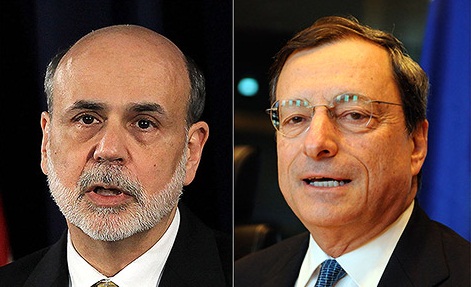There's been plenty of debate over the Marcellus Shale
natural gas field, but new research adds a twist that could impact political
and environmental battles. Two independent financial firms say the Marcellus
isn't just the biggest natural gas field in the country — it's the cheapest
place for energy companies to drill.
One of the reports adds that the Marcellus reserves
that lie below parts of Pennsylvania, West Virginia, Ohio and New York are far
larger than recent government estimates, while another said the powerful
combination of resource, cost and location is altering natural gas prices and
market trends across the nation.
The Marcellus could contain "almost half of the
current proven natural gas reserves in the U.S," a report from Standard
& Poor's issued this week said.
Another recent report from ITG Investment Research, a
worldwide financial firm based in New York, found that a detailed analysis of
Marcellus well production data suggested that federal government estimates of
its reserves "are grossly understated,"






.jpg)
.jpg)











